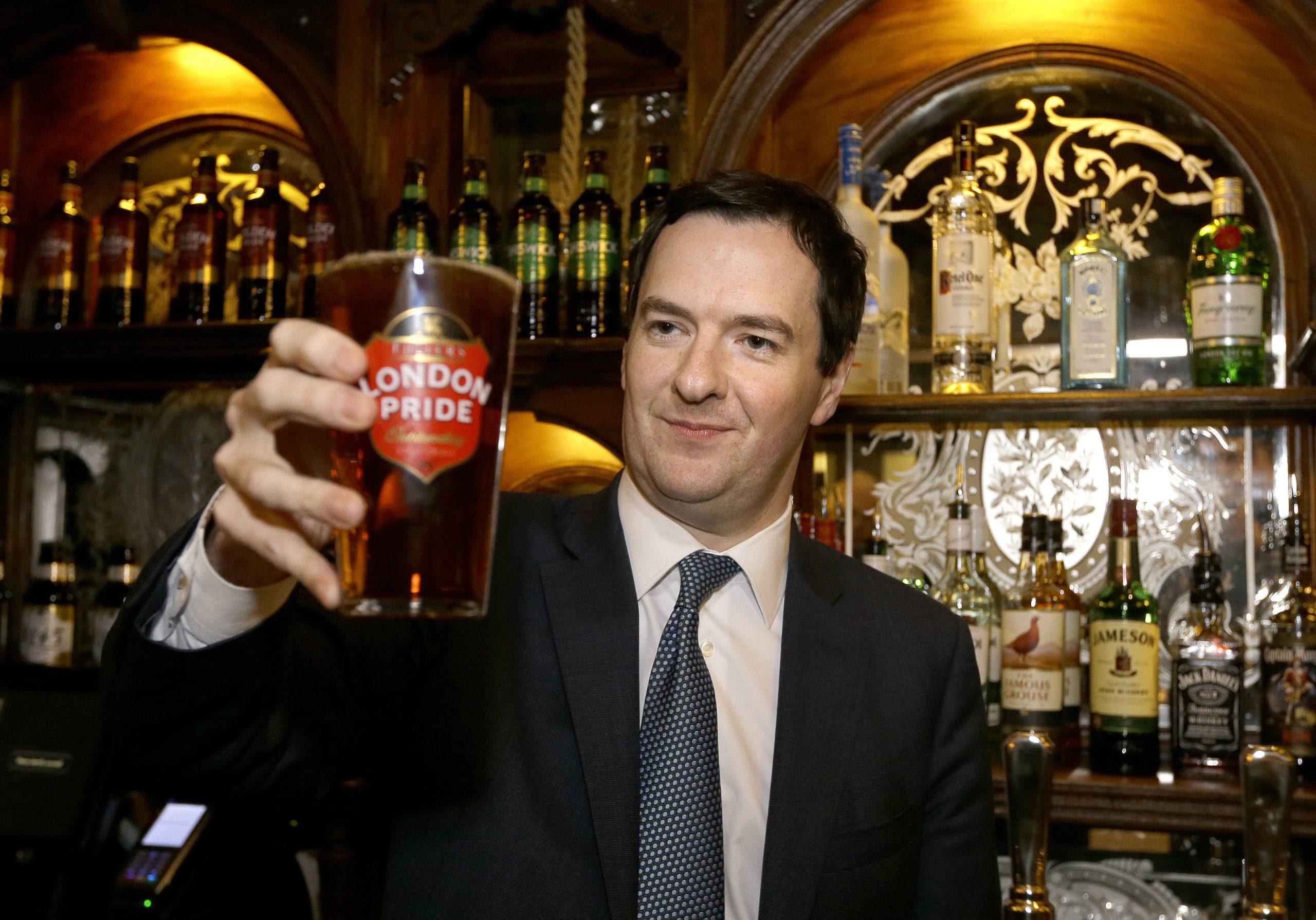
After months of speculation over a rise in the minimum wage, the Low Pay Commission has finally spoken: the main rate will rise by 3 per cent to £6.50 an hour from October this year. With inflation running at 1.9 per cent (and expected to remain on target), it will be the first real-terms increase since 2008. Labour is pointing out that the rate is below the £7 figure touted by George Osborne (with Chuka Umunna accusing him of “misleading and empty rhetoric”), but it’s worth noting that the Chancellor suggested that the minimum wage could rise to this level “by 2015-16” (not 2014-15). Should the LPC recommend a larger increase next year (with the recovery continuing to accelerate), this target could be still be met.
For both the Tories and the Lib Dems, the announcement is unambiguously good news. While Labour can still point out that the average worker is £1,600 worse off than before David Cameron became prime minister, the coalition can at least argue that the trend is moving in the right direction. As the Lib Dems seek to earn some political credit from the recovery and the Tories (however unconvincingly) rebrand themselves as the “Workers’ Party”, a rise in the minimum wage (which will benefit at least 1.2 million workers) is among the most helpful measures.
Whether or not the voters regard this as a genuine “recovery” is one of the issues that will determine the outcome of the election. A recent YouGov poll for the Resolution Foundation found that 39 per cent of the public believe a “recovery in living standards” requires their incomes to start rising again after recent falls, while 46 per cent believe it requires incomes to be restored to their pre-crisis level (which is not forecast to happen until the end of the decade), showing how finely-balanced the debate is. A rise in the minimum wage will help the coalition to convince voters that its preferred definition of “recovery” is the right one.



